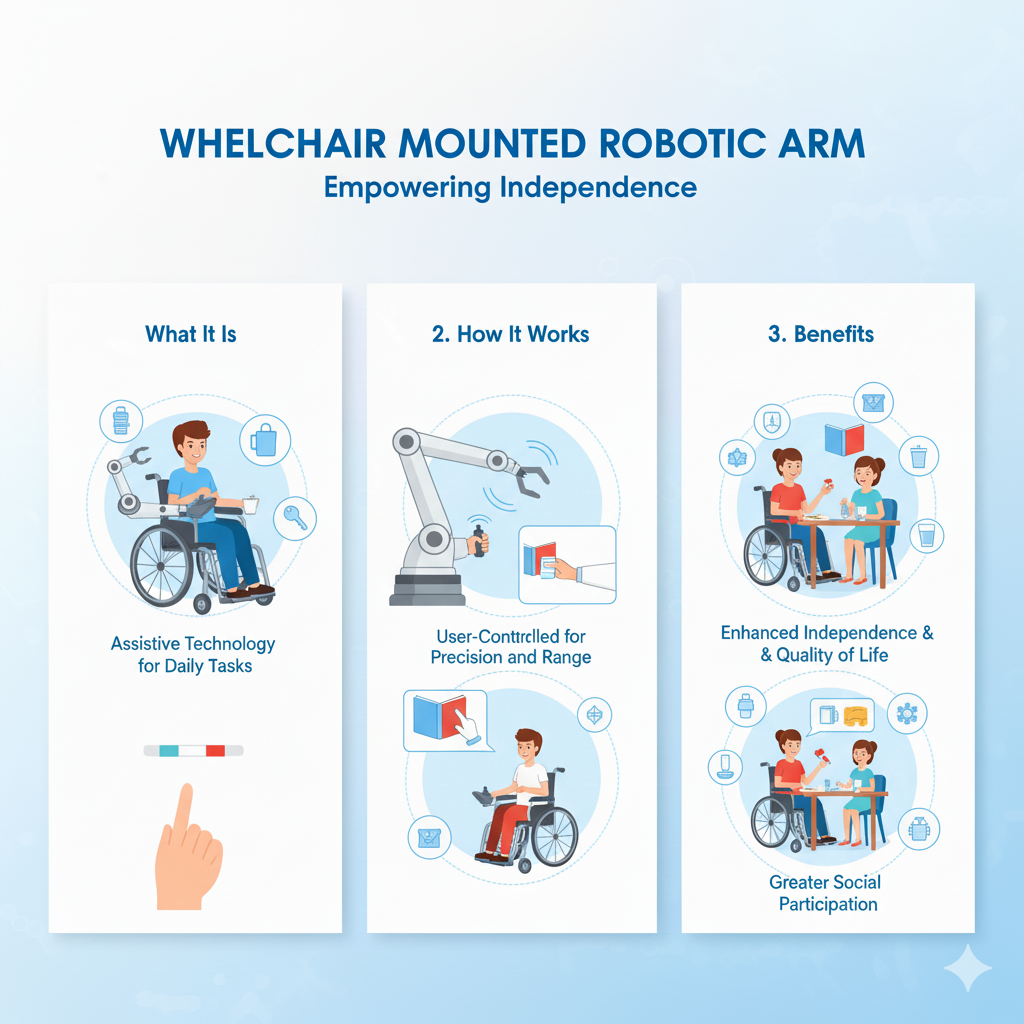Спонсоры
Hysteroscopy Services in Lahore, Preventing Implantation Failures
Introduction
For couples undergoing IVF treatment, the journey toward parenthood can be both exciting and emotionally challenging. One of the most common concerns during IVF is implantation failure, where an embryo does not successfully attach to the uterine lining. Implantation failure can result from several factors, including poor embryo quality, hormonal imbalances, and underlying uterine abnormalities.
Among these factors, uterine health plays a critical role in ensuring successful implantation. Even minor structural or functional abnormalities in the uterus can significantly reduce the chances of pregnancy. Modern gynecology has introduced hysteroscopy as a pivotal tool in diagnosing and correcting these issues, offering hope to couples facing repeated implantation failures.
For women seeking IVF treatment in Lahore, Hysteroscopy Services in Lahore provide a specialized, minimally invasive, and effective approach to prepare the uterus for conception and prevent implantation failures.
Understanding Implantation Failures
Implantation is the process by which an embryo attaches to the uterine lining and begins to grow. Successful implantation depends on:
-
Healthy embryo development
-
Optimal hormonal balance
-
Receptive endometrial lining
-
Clear and properly structured uterine cavity
Implantation failure occurs when the embryo fails to attach, leading to unsuccessful IVF cycles. Women experiencing repeated IVF failures may be advised to undergo hysteroscopy to identify and treat uterine factors that could be impeding implantation.
Common uterine causes of implantation failure include:
-
Endometrial Polyps: Small growths that interfere with embryo attachment.
-
Fibroids: Noncancerous tumors altering uterine shape and implantation potential.
-
Adhesions (Asherman’s Syndrome): Scar tissue that blocks or reduces cavity receptivity.
-
Congenital Uterine Abnormalities: Septate uterus or other malformations affecting implantation.
-
Chronic Endometritis: Persistent uterine inflammation that reduces endometrial receptivity.
Addressing these issues before embryo transfer can significantly increase the chances of a successful pregnancy.
The Role of Hysteroscopy in Preventing Implantation Failures
Hysteroscopy is a minimally invasive procedure that allows direct visualization of the uterine cavity using a thin, lighted instrument called a hysteroscope. The procedure is considered both diagnostic and therapeutic, meaning that it not only identifies problems but can also correct them in the same session.
Key benefits of hysteroscopy in preventing implantation failure include:
-
Accurate Diagnosis:
Hysteroscopy provides a clear and detailed view of the uterine cavity, enabling doctors to detect abnormalities that may be missed by ultrasound or other imaging techniques. -
Immediate Treatment:
Many uterine abnormalities, such as polyps, fibroids, or adhesions, can be treated during the same procedure, reducing the need for multiple interventions. -
Improved Endometrial Receptivity:
By removing obstacles and correcting structural issues, hysteroscopy creates a healthy and receptive environment for embryo implantation. -
Minimally Invasive:
The procedure involves no incisions and is associated with minimal discomfort, making it safe and convenient for patients preparing for IVF. -
Enhanced IVF Success Rates:
Studies indicate that women who undergo hysteroscopy before IVF have higher implantation and pregnancy rates, particularly those with a history of repeated IVF failures.
When Is Hysteroscopy Recommended?
Fertility specialists may recommend hysteroscopy for women experiencing:
-
Repeated IVF Failures: To identify hidden uterine factors affecting implantation.
-
Abnormal Uterine Bleeding: Suggestive of polyps or fibroids.
-
History of Miscarriages: Especially if recurrent, to detect structural issues.
-
Previous Uterine Surgery: Scar tissue formation may need evaluation.
-
Suspected Congenital Abnormalities: To ensure proper uterine anatomy before embryo transfer.
Hysteroscopy is a proactive approach to address potential issues that could prevent implantation, providing a targeted solution for women at risk.
How Hysteroscopy Is Performed
Modern hysteroscopy techniques make the procedure quick, safe, and nearly painless. It is generally performed on an outpatient basis, allowing women to return home the same day.
Step-by-Step Overview:
-
Preparation:
Patients may receive local anesthesia, sedation, or general anesthesia depending on the complexity and clinic protocols. -
Insertion of the Hysteroscope:
A thin, flexible hysteroscope is gently inserted through the vagina and cervix into the uterus. -
Examination of the Uterine Cavity:
Saline or carbon dioxide gas is used to expand the uterine cavity, providing a clear view of the uterine walls. -
Treatment of Abnormalities:
If polyps, fibroids, adhesions, or septa are identified, miniature instruments passed through the hysteroscope allow immediate correction. -
Recovery:
Most patients experience mild cramping or spotting for a day or two and can resume normal activities within 24–48 hours.
Hysteroscopy is considered safe, with minimal risk of complications, especially when performed by experienced specialists.
Benefits of Hysteroscopy for IVF Patients
Hysteroscopy offers several advantages for women preparing for IVF:
-
Precision Diagnosis: Direct visualization ensures accurate detection of abnormalities.
-
Simultaneous Treatment: Reduces delays in fertility treatment by addressing issues immediately.
-
Higher Implantation Rates: A clear, healthy uterine cavity increases the likelihood of embryo attachment.
-
Reduced Risk of Miscarriage: Correcting structural abnormalities reduces the chance of early pregnancy loss.
-
Minimal Discomfort and Recovery Time: Allows patients to proceed with IVF without significant downtime.
-
Peace of Mind: Knowing the uterus is prepared and healthy enhances confidence during IVF.
Hysteroscopy vs. Other Diagnostic Methods
While imaging techniques like ultrasound, hysterosalpingography (HSG), and MRI provide useful information, hysteroscopy remains the gold standard for evaluating the uterine cavity. Unlike other methods, hysteroscopy offers:
-
Direct visualization of the cavity rather than indirect imaging
-
Immediate therapeutic intervention during the same procedure
-
Detection of subtle lesions that may be missed on ultrasound or HSG
-
Minimally invasive approach with faster recovery than surgical alternatives
For women experiencing implantation failures, this combination of diagnostic precision and therapeutic capability is invaluable.
Recovery and Aftercare
After hysteroscopy, patients are advised to follow simple aftercare guidelines:
-
Rest for 24–48 hours post-procedure
-
Take prescribed painkillers or antibiotics if recommended
-
Avoid sexual intercourse for a few days
-
Monitor for any unusual symptoms such as excessive bleeding, fever, or severe pain
-
Attend follow-up consultations to discuss findings and next steps for IVF
Most women resume normal activities quickly, and the procedure does not typically interfere with IVF scheduling.
Choosing the Right Hysteroscopy Services in Lahore
Selecting a reputable clinic is essential to ensure safety, accuracy, and effective treatment. Leading Hysteroscopy Services in Lahore provide:
-
Experienced gynecologists specializing in reproductive health
-
Modern diagnostic and operative equipment
-
Minimally invasive outpatient procedures
-
Comprehensive pre-IVF evaluation and treatment planning
-
Patient-centered care with personalized guidance
A high-quality clinic not only diagnoses and treats uterine issues but also provides counseling, emotional support, and seamless integration with IVF treatment protocols..
Conclusion
Hysteroscopy is a pivotal procedure in preventing implantation failures, providing both diagnosis and treatment in a minimally invasive manner. For women undergoing IVF, ensuring a healthy and receptive uterine environment is critical for embryo implantation and successful pregnancy outcomes.By choosing specialized Hysteroscopy Services in Lahore, couples gain access to advanced technology, experienced gynecologists, and a comprehensive approach that addresses uterine abnormalities efficiently. This not only enhances the likelihood of IVF success but also provides reassurance and confidence throughout the fertility journey.For women facing repeated implantation failures or preparing for their first IVF cycle, hysteroscopy represents a safe, effective, and painless path toward achieving their dream of parenthood.





